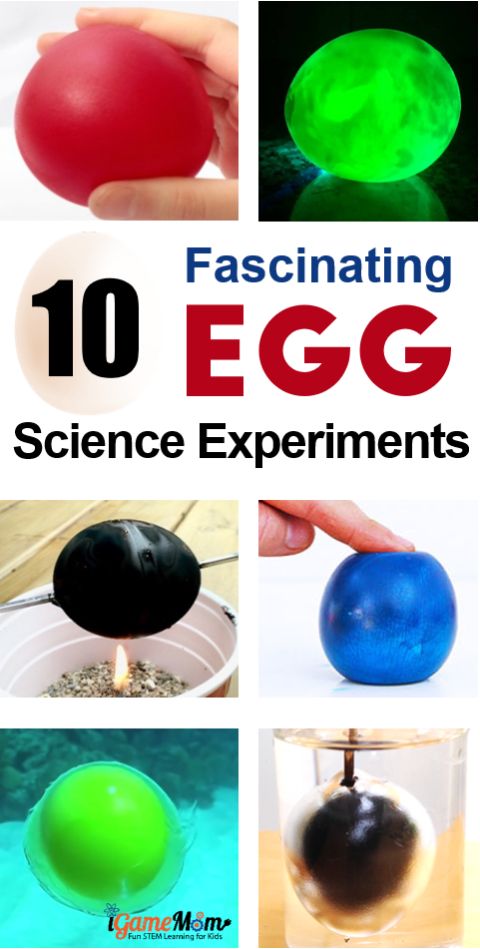Kitchen science is a great way.
Rubber egg experiment explained.
Get ready to add this simple rubber egg activity to your science lesson plans this season.
Step 3 leave the egg in the glass for 1 3 days.
The rubber egg experiment.
On day 1 measure the masses of both the eggs with the shell.
It will also have a thin brown slime on it the remnants of the shell.
Take two three eggs and place them in a bowl or plastic container.
As the days pass your kids will note how the shell dissolves hence the nickname naked egg experiment.
While it has not been cooked it will take on a rubbery feeling from the vinegar.
Bouncy egg science experiment instruction step 1 get a raw egg and carefully place it into a glass or jar.
Pour vinegar into the glass until the egg is covered.
The egg in vinegar experiment though pretty simple gives your child the foundation knowledge on reactions between acids and bases.
Let the eggs stand for 24 hours or more to remove the shell.
This simple science experiment will turn a regular egg into a bouncy ball.
Explore chemistry and osmosis by making a rubber egg and turning it into a bouncing egg.
The egg in vinegar experiment is a classic.
If you want to learn about a cool chemical reaction let s dig in.
Pour vinegar in until the eggs are completely submerged.
Put the glass aside so no one drinks and or spills it.
What you re left with is a totally embarrassed naked egg and a cool piece of science.
It will smell a bit.
This experiment answers the age old question which came first the rubber egg or the rubber chicken it s easy to make a rubber or naked egg if you understand the chemistry of removing the hard eggshell.
Did you ever try to bounce an egg.
Label 1 beaker vinegar andthen use the graduated cylinder to measure 400 mlof vinegar to put in the labeled beaker.
At this point you will notice the egg.
Vinegar is poured over a raw egg.
Step 2 fill the glass with white vinegar until the egg is completely submerged.
Place both eggs in the solution place a small beaker on top of the eggs if necessary then cover.

